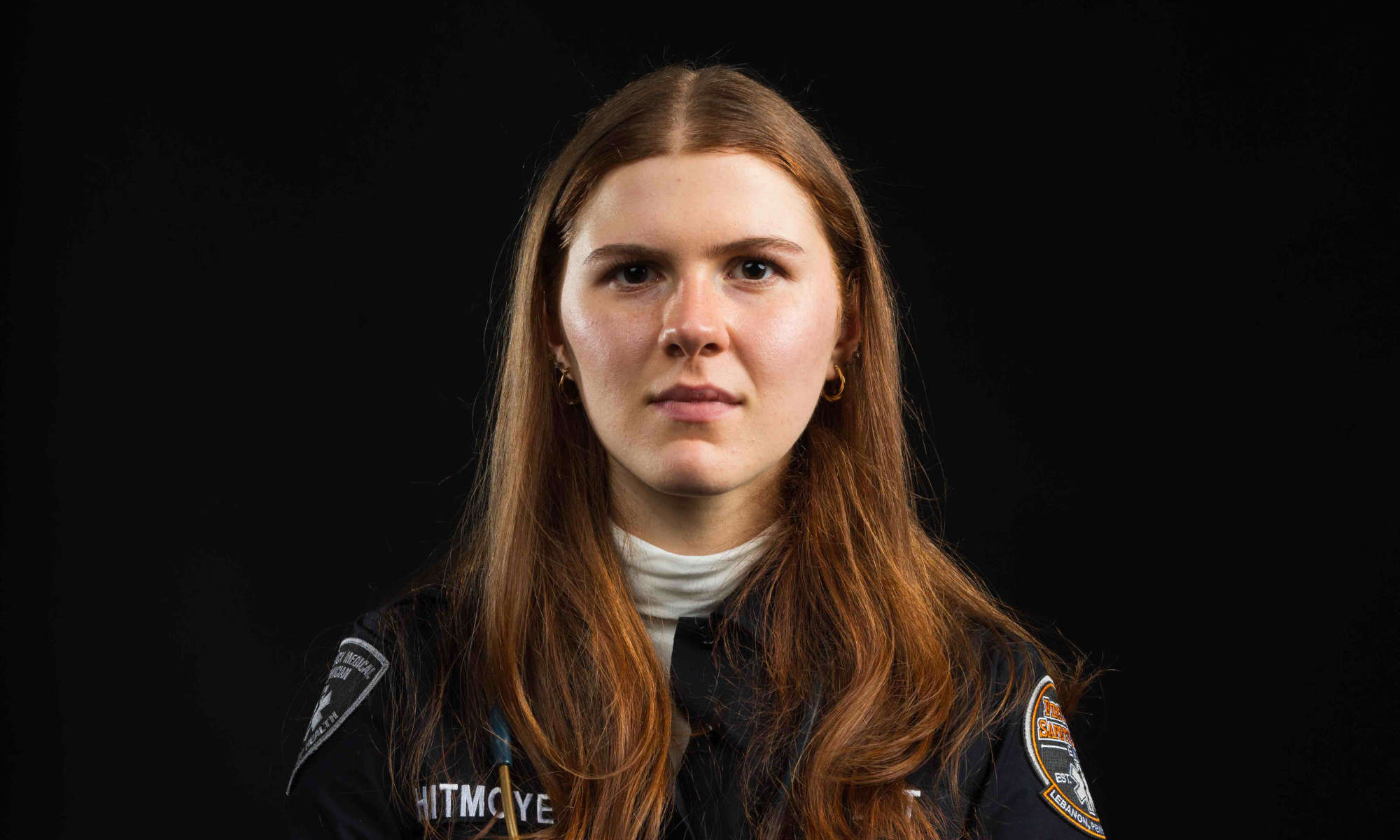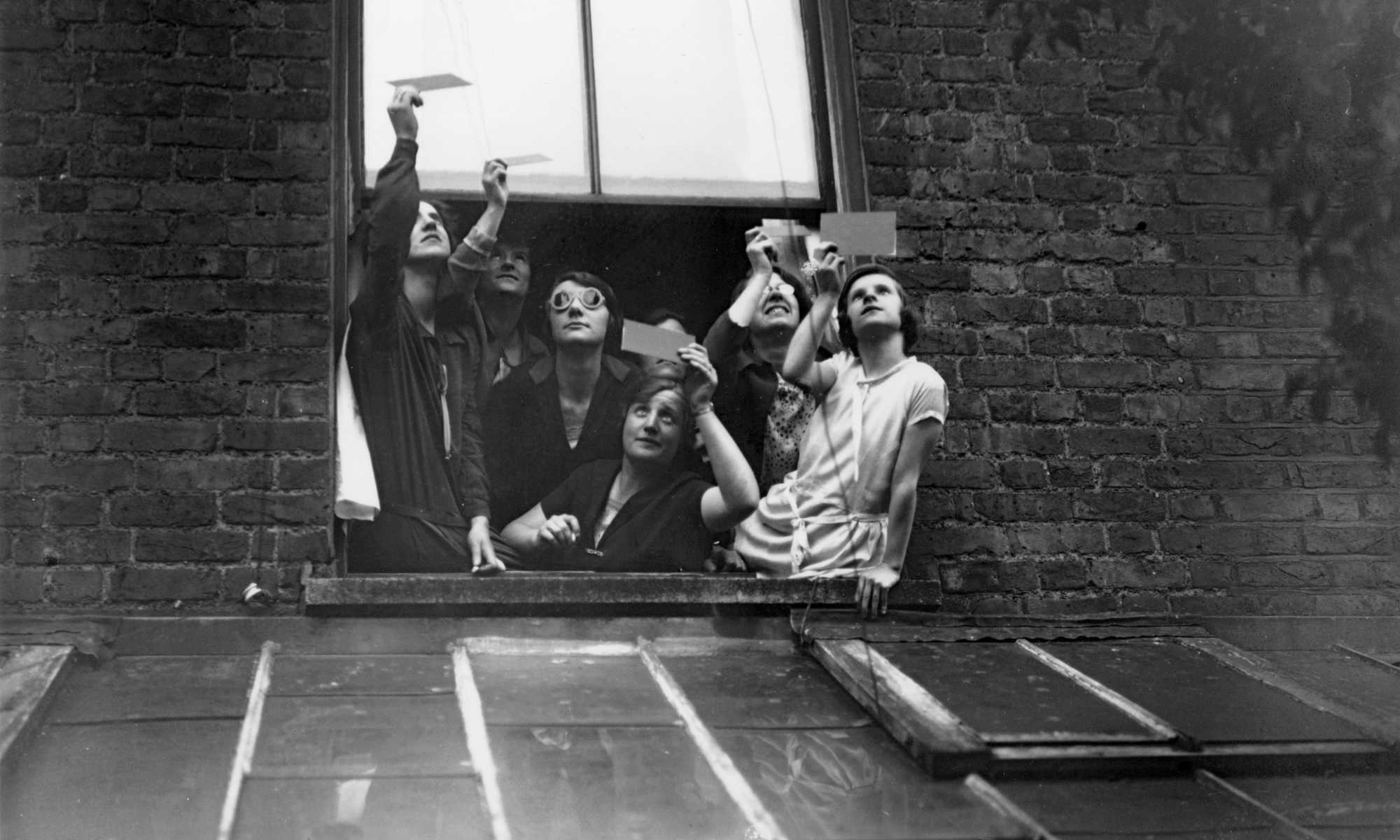Making their mark: This is one in a series of profiles celebrating members of Rochester’s graduating class of 2018.
Growing up in Los Angeles, Matthew Lyskawa ’18 saw no purpose in school.
“I hated it,” he says.
Bored and frustrated, he was dismissed from two high schools for disciplinary reasons, finally graduating with a 1.8 grade-point average. He was chronically truant, and police often escorted him to school at his mother’s request.
One day his junior year, a teacher summed up what he says others must have been thinking.
“I’ll be surprised if you work anywhere but McDonald’s,” the teacher told him.
This Sunday, Lyskawa will receive a bachelor’s degree in philosophy from the University of Rochester. This fall, he’ll begin a doctoral program in philosophy at Harvard—after turning down offers from Brown, Cornell, Johns Hopkins, Northwestern, and California-Berkeley.
His turnaround is nothing short of amazing.
“I am proof,” he says, “that it’s possible to fail forward.”
A rough beginning
Lyskawa felt like an outsider from the start. He grew up the youngest of five children, the only African American in a white family, and the only one with a different father. He was also the lone black person in most of his classes.
“I felt out of place,” he says.
Lyskawa faced other serious challenges. His family received social support and was in Section 8 housing. A brother who suffered from bipolar disorder directed racial slurs at him such as “slave” and “monkey” almost daily.
“It was relentless,” Lyskawa says. “It made me hate being black. I truly hated what I looked like, and the group I was part of. I didn’t think I was anything but what he called me.”
He met his biological father at 17, only to discover “we had no real connection.”
He also was diagnosed with attention deficit hyperactivity disorder in the third grade and prescribed Ritalin—which he says he began abusing in high school. Eventually, he was able to wean himself off the drug. But he could do nothing about school, which had become a daily chore. “I’d think, ‘Why the hell am I here when I have all these problems at home?” Lyskawa says. “I had academic apathy.”
Things began to change during his senior year at Gladstone High School in Covina, California, thanks to an English teacher named Sheryce Long. She saw something in Lyskawa that others had missed.
“Matthew had a thirst for learning and discourse I couldn’t ignore,” Long says. Lyskawa “seemed to have fallen through the cracks of the education system.” She asked him why someone who seemed so bright had never taken advanced classes. “I’ve never been in a school long enough for someone to notice my need for a challenge,” he answered.
Long noticed that Lyskawa often finished his classwork significantly earlier than other students. She decided that instead of having him “wasting time napping or playing on his phone, I suggested he read books.”
The first book Long chose for him was Kaffir Boy: The True Story of a Black Youth’s Coming of Age in Apartheid South Africa. Although it’s more than 500 pages long, Lyskawa devoured it in days, then asked Long for another. He read A Long Way Gone. Life on the Color Line. Black Like Me. Roots.
“I fell in love with reading and couldn’t stop,” Lyskawa says.
When he graduated, he made a decision: “I have to go to college and learn more.”
Finding his niche
Lyskawa enrolled at Mount San Antonio College, a community college outside of Los Angeles, and recorded a 3.4 grade-point average after two years. Wanting to push his boundaries, and by now enthralled with philosophy, he applied to Rochester—3,000 miles away—and was accepted.
“It was a difficult decision, because Los Angeles is so different from Rochester in many ways,” he says. “But I made the move.”
Hayley Clatterbuck, an assistant professor of philosophy at Rochester, says Lyskawa challenged himself from the start. “He asked if I would grade him like I would grade a graduate student, explaining that he wanted to be held to the standards to which he aspired,” she says.
Paul Audi, an associate professor of philosophy, says Lyskawa always wrote drafts of papers well in advance of deadlines.
And Randall Curren, chair of the Department of Philosophy, says Lyskawa is the first philosophy student in his 30 years at Rochester to continue as a doctoral student in that field at Harvard. “This is a great moment for us, and all the more exciting because it’s the culmination of Matthew’s audacious journey,” he says.
Lyskawa was also a McNair Scholar in the David T. Kearns Center, something he calls “an essential part of this journey.”
“The love and support from the Kearns advisers made me feel welcomed at Rochester and enabled me to succeed,” he says.
Lyskawa entered the spring 2018 semester with a 3.85 grade-point average—two full points higher than his high school GPA.
“The faculty have been nothing short of amazing,” he says, adding that “this was the first time I was around students who had passion like me, and it was stimulating.”
Long says she is thrilled at Lyskawa’s success—but not surprised.
“Matthew is one of the most inspiring people I’ve ever met,” she says.
Lyskawa will become the first in his family to graduate from college, but perhaps not the last.
“My mom is now going back to school because of me,” he says. “She’s been super motivated. And my sister is going back to college.”
Lyskawa’s goal is to earn his juris doctor degree and become a law professor. It means six or seven more years of education. A few years ago, that would have terrified him. Now, it energizes him.
“It’s still surreal, to be honest,” he says. “I’m addicted to learning.”




